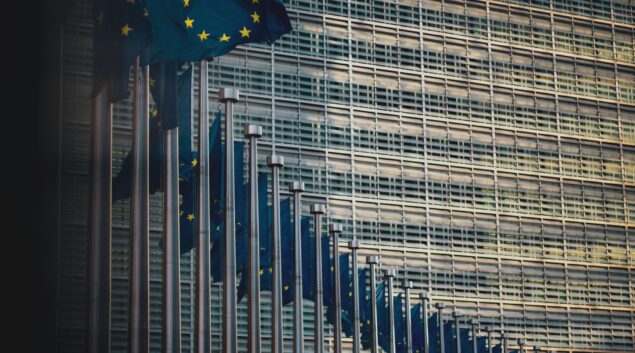
The CSDDD has become the latest hot topic on the EU regulatory front, as Europe impatiently awaits final approvals from the member states. However, negotiations have been pushed, yet again, due to alleged concerns of some countries pulling out from the final discussions. While we await the final verdict, we’d like to brief you on this potentially ground-breaking piece of regulation.
Corporate Sustainability Due Diligence Directive, initially proposed by the European Parliament in March 2021 and projected for implementation by 2025 or 2026, aims at enhancing accountability for companies’ impacts on human rights and the environment. But, what does it mean for your company, and how can we best prepare for when it finally lands?
The CSDD directive in a nutshell
The CSDD Directive is a legislative milestone aimed at fostering sustainable and responsible corporate behaviourthroughout global value chains. It is part of the EU’s broader efforts to promote sustainable development, corporate accountability, and transparency.
Who does the CSDDD apply to?
The CSDDD directly applies to both EU and non-EU companies. For EU-based companies, it will affect those meeting one of two criteria:
- Companies or parents of companies with over 500 employees and revenue exceeding €150 million.
- Companies with more than 250 employees and revenue above €40 million, that operate in high-risk sectors.
Non-EU companies that generate their revenue inside of the EU also fall within scope of the new Directive. The EU expects the Directive to affect around 13,000 companies within the EU and approximately 4,000 outside the EU. The Commission will be publishing a list of all the non-EU companies affected.
What does this mean for your company?
Below, we have summarised the main areas businesses will be required to report and act on under the CSDDD.
- Identify and manage your impacts: Identify actual and potential negative impacts on human rights and environmental aspects in your own operations and value chain. These could be linked to your products, supply chain, business partners, or internal operations. Once identified, take steps to cease, prevent and mitigate these impacts. This may involve changes in suppliers, process improvements, or investments into sustainable practices.
- Report and Monitor: Due diligence is all about transparency and accountability. Reporting your findings and actions taken is key. Continuous monitoring ensures you stay on course with your sustainability objectives. Note: If you are also in scope for the CSRD, you’re required to report on your due diligence in your annual report.
- Establish grievance mechanisms for workers and stakeholders to raise issues. This is rooted in the recognition that sustainable and ethical businesses should not only prevent negative impacts but also design strategies to mitigate them when they do occur.
- Align your business model and strategy with the 1.5°C target of the Paris Agreement. This will allow you to anticipate and manage climate-related risks more effectively while making your business model more resilient in the long run.
Delving deeper into CSDDD provisions
The CSDDD introduces a liability scheme for non-compliance while bringing indirect obligations for medium-sized and smaller companies in business relationships with those covered by the CSDDD.
Partial inclusion of the financial sector: A review clause allows future inclusion of financial sector activities based on impact assessments, including those that attain their own operations and those of their upstream business partners but excluding their downstream partner activities.
Enforcement and liability: Supervisory authorities in Member States gain powers for inspections and penalties, including fines up to 5% of net worldwide turnover. Civil liability for damage is established, providing victims, unions, or civil society organisations the standing to bring claims within a 5-year limitation period.
Public contracts and concessions: Compliance with the CSDDD becomes a criterion for the award of public contracts and concessions.
What’s next?
The European Commission proposed the Corporate Sustainability Due Diligence Directive (CSDDD) on February 23, 2022, and by December 14, 2023, the Council of the European Union and the European Parliament had crafted a compromise text. However, as mentioned above, the final negotiations have been delayed, adding a layer of complexity to the directive’s journey through the legislative process.
As due diligence is an area increasing in both attention and importance, many companies have already started working on solidifying their approaches, for instance by implementing responsible sourcing and effective auditing programs. However, as we have just seen, due diligence covers a wide range of business activities and internal stakeholders and therefore requires continuous efforts.
To tackle this efficiently, it’s crucial to centralize the coordination of all activities within the process under a dedicated resource, implement a due diligence policy, and set up a governance structure that follows the six steps of the due diligence process. Focusing on these points would also help to identify potential gaps in existing efforts.
By ensuring swift adherence to this upcoming directive, you gain a competitive stance that not only aligns with international efforts but also positions your company as a forward-thinking entity that stays at the forefront of the challenges we will face in the future.


